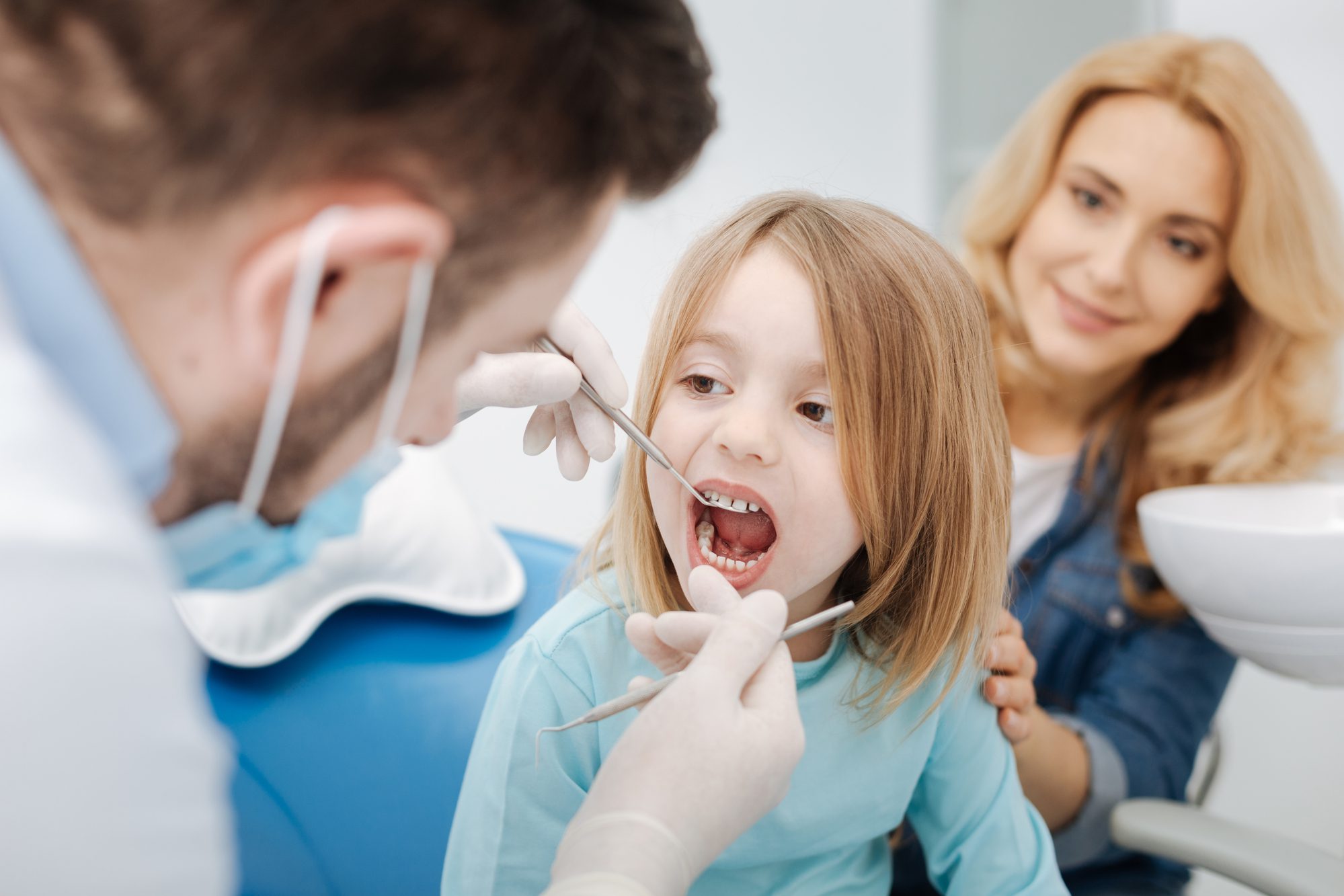A popular belief is that “you are what you eat,” and this adage certainly gains merit when keeping your child’s teeth and gums in tip-top shape. Many foods can contribute to plaque buildup—the culprit behind gum disease, tooth decay, and other oral health problems. Surprisingly, the following foods are a smile’s worst nightmare:
Starchy Food
Although many learn at a young age that overindulging in candy, soda, and other sugar-laden treats can destroy teeth, sugar isn’t the only food that drives concern. Aside from sweet, harmful oral bacteria love starchy foods like rice, potatoes, and pasta (because saliva converts starches to sugars shortly after eating). After the oral bacteria in your mouth fill up on sugar and starch, they create enamel-wearing acid.
Sticky Snacks
Another reason why starchy foods can be harmful to your teeth is that they quickly become sticky when mixed with saliva. Food that sticks to and between your teeth damages your tooth’s surface since they tend to linger. If your child is a fruit snack, peanut butter, or starchy food lover, encourage them to brush and floss (or at the very least, rinse their mouth out with water) after eating these sticky snacks.
Ice
Whether from a bottle or the tap, water is the body’s best friend. It doesn’t contain any harmful additives, like sugar. Also, it helps rinse away harmful pathogens and keeps soft tissues in the mouth hydrated. On the other hand, water in its solid form (ice) can leave your teeth vulnerable to damage, and it’s infamous for cracking enamel.
Citrus
Oranges, limes, and grapefruits are chock full of vitamins, minerals, and antioxidants that keep us healthy. Although a squeeze of lemon can amplify a boring glass of water, it’s best to enjoy citrus fruits in moderation. While vitamin C helps keep gums healthy and strong, too much citrus erodes enamel (which makes teeth vulnerable to cavities). Additionally, acidic citrus can cause mouth sores to sting.
Juice
Some parents turn to juice as an easy way to sneak fruits and vegetables into their children’s diets. Although juicing might benefit your general health, you’re still exposing your child’s teeth to acids and natural sugar. If your family enjoys juice frequently, drinking juice through a straw and washing it down with water can help protect enamel.
Sports Drinks
Originally, commercial sports drinks were intended for adult endurance athletes to address physiological and nutritional needs. Today, they are aggressively marketed to young people as a way to replenish fluids after physical activity.
Sports drinks contain electrolytes, carbohydrates, and water, which are great after prolonged vigorous physical activity in humidity or high temperatures. Yet, the average American child doesn’t engage in enough physical activity to justify slamming down a sports drink. Save your dental and overall health, and grab a water bottle instead.
Learn How to Take Care of Your Child’s Smile
Taking care of your kid’s smile isn’t child’s play, and as a parent, you might be wondering how to protect your child’s smile from tooth-destroying bacteria. On top of limiting the list of foods in this blog, you can counteract their adverse effects by maintaining proper oral hygiene—including brushing, flossing, and visiting a kid’s dentist regularly.
If you’re a resident of Overland Park, KS, or surrounding towns, consider scheduling a pediatric children’s appointment with Dr. Matt by calling (913) 685-9990 or messaging us online.









